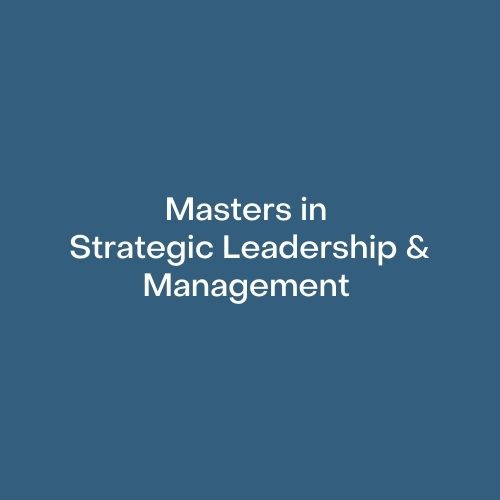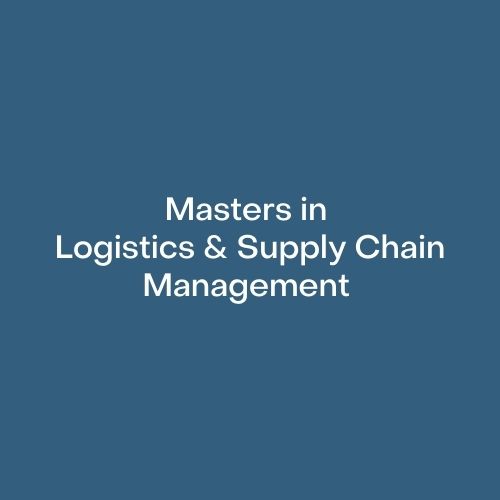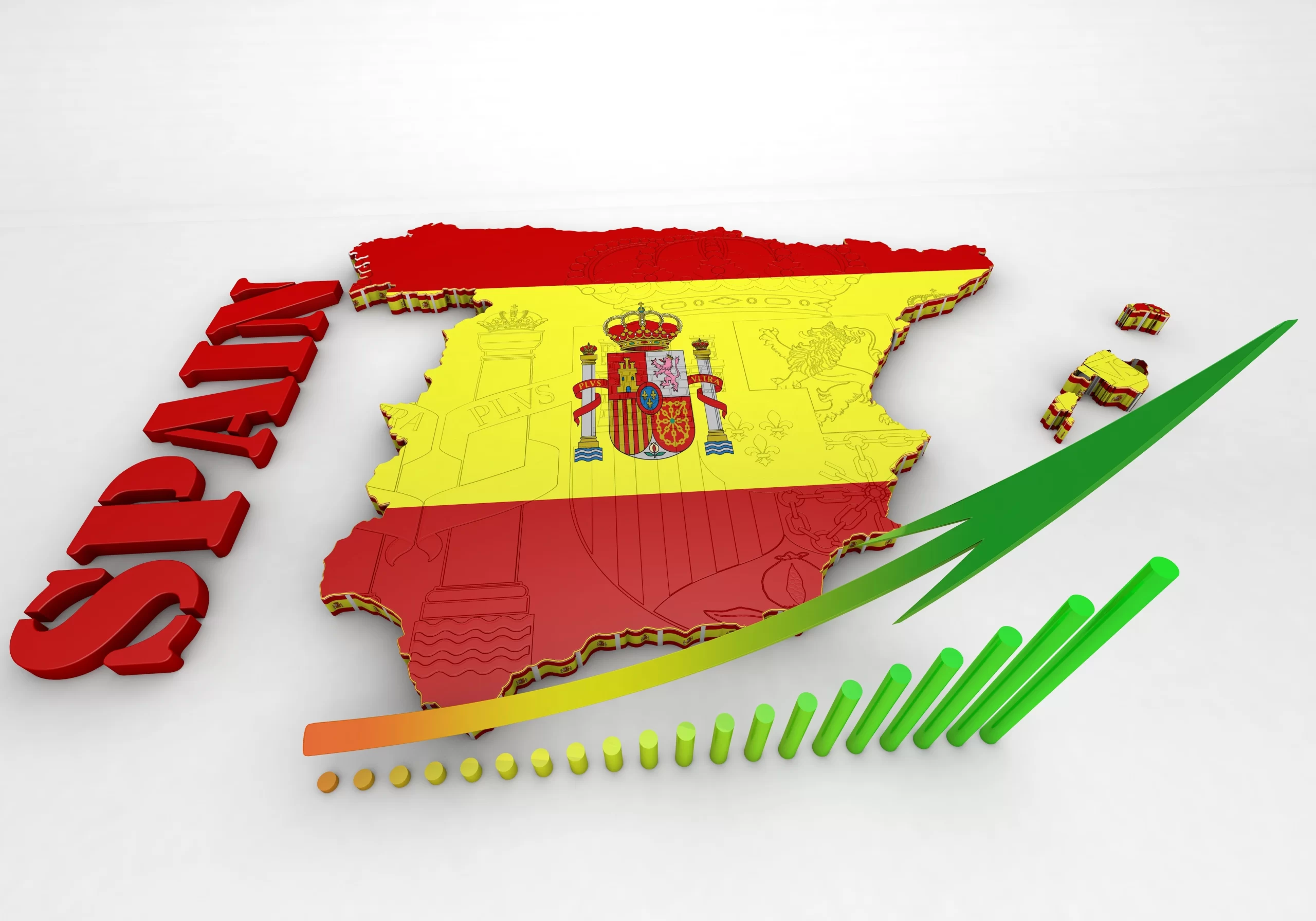Are you considering on commencing a dual degree, a pathway program, or a top up? Students have so many study alternatives nowadays, it can be baffling to decrypt some of the higher education lingo. These three terms having got students confused and wonder since ages, and our sales team diligently explains the meaning of these terms to all prospective students, with utter patience and compassion. But I think it is time, we demystify these terms in the most layman way so as to make it accessible to anybody and everybody who inquires.
Dual degrees – a concept which encompasses a perspective, where a program offered by an institution is recognized and accepted by a university and they reward their degree to the students studying with that particular institution. For instance, UCAM, University, Spain offers their own degree to the students studying Master degree programs of OTHM, UK at C3S Business School, as they recognize that the program curriculum of OTHM, UK shares a similar structure as that of UCAM’s own programs. Thus, students end up getting TWO degrees – Dual degrees for studying the Master’s program course.
Pathway Programs – An institution or a university recognizes some of the credits acquired by the students in their previously studied programs – diploma or degree, and they offer admission for the subsequent level program based on those credits gained by a student.
The Bachelors program offered by C3S Business School in association with OTHM, UK provides opportunities for students to choose to pursue their final year from a list of close to 40 British Universities. BA (Hons.) in Business Management & BA(Hons) in Tourism & Hospitality Management are two Bachelor programs which deemed as Pathway Programs. In this program, Level 4 (First year) and Level 5 (Second year) is offered at the Barcelona campus of C3S Business School, and for the Bachelor’s Top-Up student can choose to study in any of the UK universities cited below. This is one of the major USPs of these Bachelor programs, as students get to study in the UK for a year and get awarded the UK degree, while saving the cost of tuition fees and cost of living for first two years by studying at the Barcelona, Spain campus.
• University of Sunderland
• Wrexham Glyndwr University
• University of Wolverhampton
• University of Lancashire
• University of West of Scotland
• University of Bedfordshire
• University of Portsmouth
• University of Northampton
• University of New England – Australia
• University of Lincoln
• University of Law
• University of Huddersfield
• University of Gloucestershire
• University of East London
• University of Derby
• University of Cumbria
• University of Chichester
• University of Bolton
• The Open University
• Staffordshire University
• Northumbria University
• Middlesex University
• London South Bank University
• Liverpool John Moores University
• Leeds Beckett University
• Glasgow Caledonian University
• De Montfort University
• Coventry University
• Concordia University Chicago
• Cardiff Metropolitan University
• Buckinghamshire New University
• BPP University
• Birmingham City University
• Bath Spa University
• Bangor University
• Arden University
• Anglia Ruskin University
Top Up – This concept is designed for only those students who hold the UK diploma certificates (Level 4, 5 & 7). As the name itself suggests, when the students want to top up their diplomas to degree, they can opt for Top Up. Degree programs has more credits than the diploma programs, say for instance – Master’s degree program in UK has 180 credits, but any Level 7 PG Diploma entitles only 120 credits, thus to get a “degree” certificate, a student has to “top-up” 60 more credits to get awarded Master’s Degree certificate from the respective university where they enrolled for top-up.
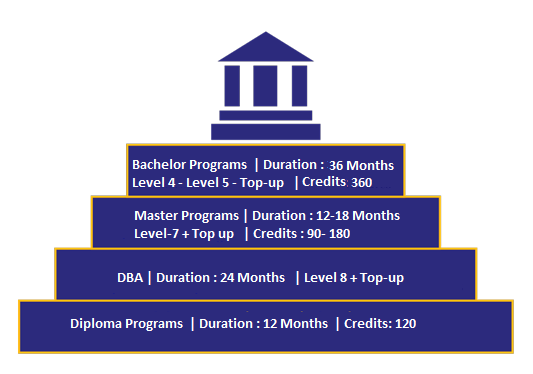
A student can take up any Level 7 diploma program from any Ofqual, UK awarding body, and then a Master – TopUp can be done to gain 60 more credits and a Master’s Degree certificate instead of a PG Diploma.
Similarly, a Bachelor’s degree has 360 credits, so Level 4 will encompass 120 credits so will Level 5, thus to get Bachelor’s degree certificate, a student has to “top – up” 120 more credits for Level 6 and thus with completion of 360 credits, s/he can be awarded a Bachelor’s degree certificate.
Pathway programs and Top-Up can be correlated in the sense that, let’s say a student chooses to study Level 4 and 5 with C3S Business School, Barcelona under their OTHM, UK curriculum program, and for the final year they choose to study at
University of Sunderland, UK, so in a way it is a Pathway opportunity for the student and the name of the final year program title that the student will study at University of Sunderland, UK will be called Bachelor’s Top-Up.
- BA (Hons) Business Management and Entrepreneurship (top-up), University of Sunderland, UK.
- Bachelor of Science in Business Administration (top-up), Concordia University, Chicago
- BA (Hons) Global Business (top-up), Coventry University
The higher education lingo seems to be comprehensively explained with a hope that it will reduce the level of confusion that surrounded these terms. Pathway Programs and Top-Up are wonderful opportunities to study abroad in fascinating countries like the UK and the USA, without burning a hole in your pockets by studying initial years at C3S Business School, Barcelona, Spain. The Mediterranean climate and splendid scenic beauty, mesmerizing beaches, Gaudi architecture, the culture, traditions, food, all this can be experienced while studying and staying in Barcelona.
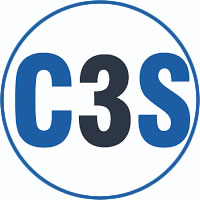
Written By:
Pooja Shah is more than a decade old in the education industry with roles ranging from Professor at a B-School to Foreign language facilitator in China to Content Strategist for an education giant. She is passionate about educating and inspiring the world with generic and specific topics relating to her industry with authentic and accurate information. She heads the Digital Content and Engagement department at C3S Business School.
Share This Article



